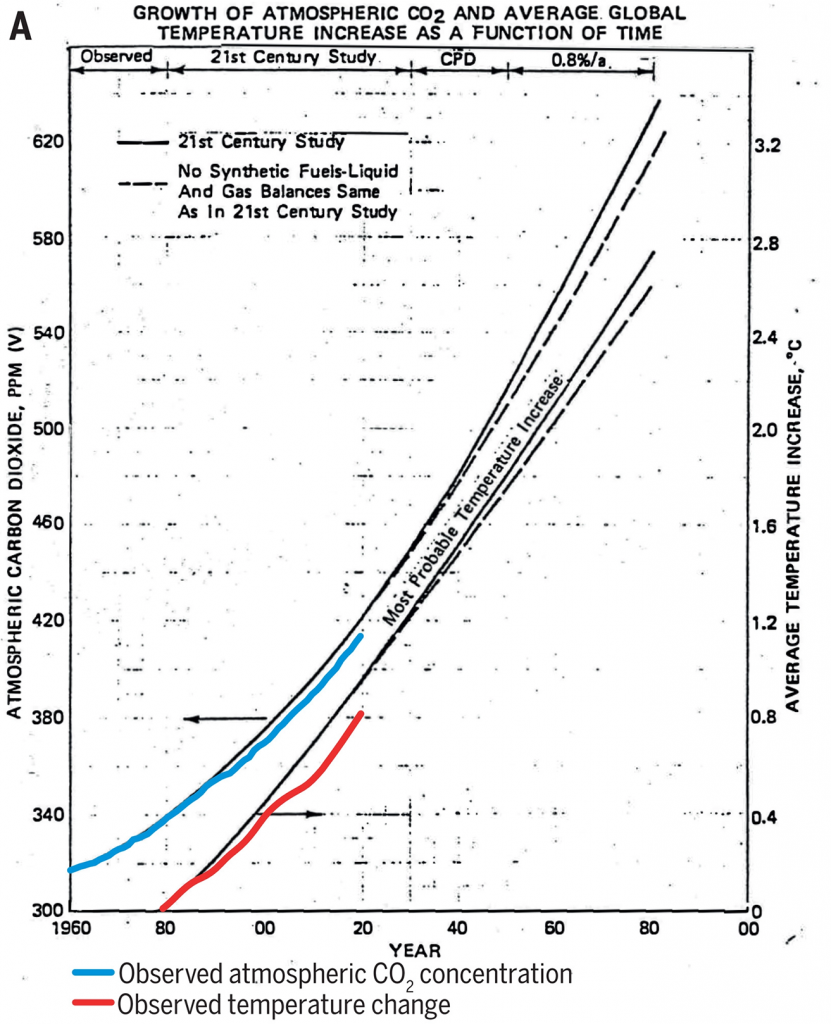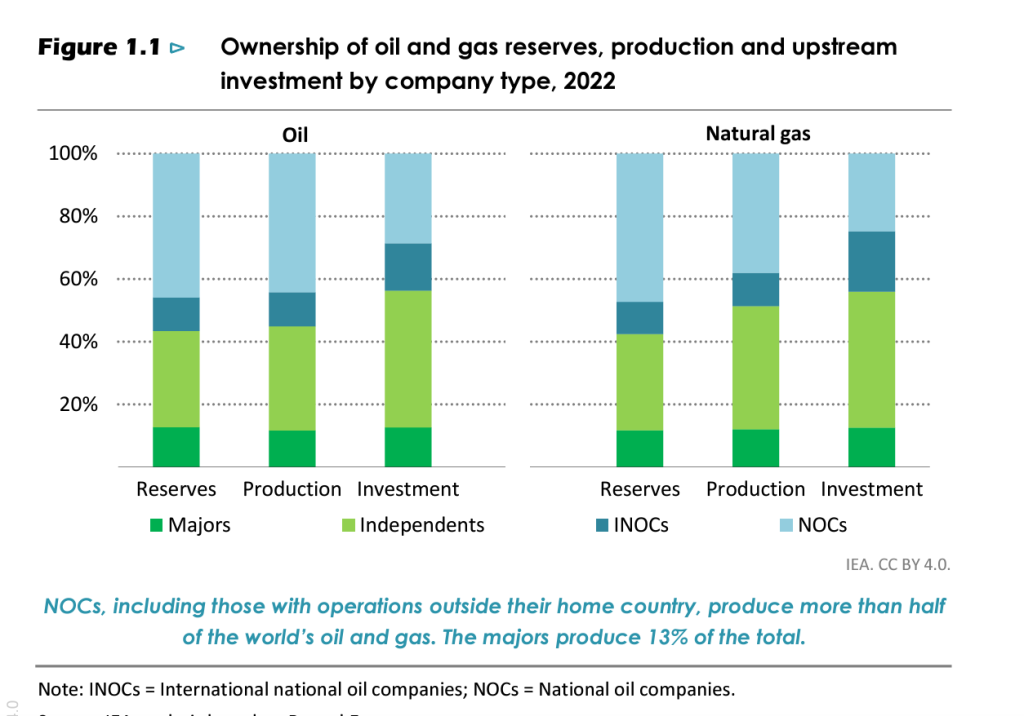“Olúfẹmi Táíwò guest hosts an interview with Daniela Gabor and Ndongo Samba Sylla on how financial power has shaped the global economic order under capitalism from colonialism through Bretton Woods, the Washington Consensus, and today’s Wall Street Consensus.
Read Daniela’s work: people.uwe.ac.uk/Person/DanielaGabor
Read Ndongo’s work: rosalux.de/en/profile/es_detail/N8SVHTS8SA/ndongo-samba-sylla?cHash=ccf0c8d371bde0fecbac8337bbc6f832
Support The Dig at Patreon.com/TheDig“
Here is 2h of the most intense and informative talk I got to listen to recently. I totally recommend both of them to follow in TW/X – if you are still on that platform. We had some previous posts on economy and political economy and inflation, but this one is truly essential for everyone interested in how global financial institutions came to exist and how the dollarisation of the world after WWII came to dominate our lives. It is also a very good introduction into two important theories that have lost the battle in the market of ideas – but are increasingly resuscitated in order to make sense of the rising unequal exchanges, dependencies, and monetary imperialisms that structure the Global North/Global South axis in capitalism: Dependency theory and World-systems theory. What is important is that both of them (one from Eastern Europe and the other from Equatorial Africa) advocate for a new global economic system where the Global South is at its center (the so-called “Bandung Woods” named after the Afro-Asian or Asian-African Bandung Conference in 1955 Bandung, Indonesia) to replace the Washington (or now Wall Street) Consensus.
Most of what I am saying here tries to approximate what the two eminent (imho opinion) macroeconomists and monetary sovereignty experts spell out. I am going to quote in full Gabriela Gabor (who happens to be a Romanian born) from the written version of the interview (available here).
DANIELA GABOR:
The Washington Consensus is in a sense a marker of who makes the rules in the global economic system, and that was Washington. Its intellectual father was John Williamson. He was quite reluctant to recognize himself as an intellectual father, because very quickly, the Washington Consensus was dubbed as a neoliberal consensus. I think it’s best described as a holy trinity of economic policies that were prescribed to countries, particularly in Latin America. This was a “what’s-happening-in-our-backyard” type of arrangement for the United States.
The three pillars of the Washington Consensus were economic stabilization, privatization, and liberalization [my emphasis). Economic stabilization basically meant the central banks have to target inflation and to keep prices stable; privatization meant trying to reduce the footprint of the developmental state in the economy by preventing the state from allocating capital or getting involved in production through state-owned companies or enterprises; and liberalization of international trade meant removing trade barriers, but also liberalization of prices domestically by not using price controls and removing subsidies as much as possible.
This is interpreted as an attempt to change the balance between the state and the market. Of course the states vs. markets framework is a crude description because the state had to construct certain markets. But it is true that the Washington Consensus was a policy paradigm and a political project to kill off the developmental state. In the 1950s and ’60s, the developmental state, under what we describe now as heterodox economic ideas, attempted to design a national development strategy in a context of deteriorating terms of trade.
For developing nations, the question was, how do we make sure that we will get paid better for our exports than what we have to pay for our inputs? That typically meant industrial upgrading. That typically meant having a good industrial policy. It typically meant having some form of financial repression, which subordinated the domestic banking system to the needs of the industrial policy. It meant some form of a social contract with domestic capital and also with foreign capital, but mostly domestic capital, to make sure that domestic capital worked together with the state for industrial policy purposes.
The Washington Consensus is basically a political project to dismantle this developmental state and instead to bring in the market as the mechanism to allocate resources. The state doesn’t disappear of course. But what we know is that the state that is useful for citizens in a sense disappears because you have an increasing removal of the state from the provision of public goods, one way or another, under the idea that the market can do things better than the state.
In the postwar era, you have the Bretton Woods institutions that are pushing this Washington Consensus all over the world. Wherever the IMF or the World Bank go, they leave a trail of structural adjustment programs. You have the IMF pushing for stability and particular forms of monetary and fiscal austerity under the Washington Consensus. There is an increasing recognition toward the end of the 1990s that this has meant a lost decade for Latin American countries, that it produced a lot of poverty across African countries that were forced to adopt them. Of course there are certain domestic political constituencies that preferred the Washington Consensus rules simply because they align well with the aims of right-wing politics.
By the early 2000s, Bretton Woods institutions become a bit more unwilling to promote the more radical elements of the Washington Consensus. This leads to what is called now the Post–Washington Consensus, which is a recognition that there are market failures. The idea is that if there are market failures, then of course the state is necessary. So you don’t have the resurrection of the developmental state, but you have the resurrection of the state as a regulator that tries to correct market failures but doesn’t allocate capital or doesn’t interfere with market signals. It corrects the signals if those have gone wrong one way or another.
In some ways we still have that now, because all discussions about carbon prices, for example, have to do with how to achieve the low-carbon transition; they rest on the idea that the state doesn’t need to do a lot more than just correct the failure of the market to price the climate crisis.
NDONGO SAMBA SYLLA (who has written a book on the history of CFA – Africa’s last colonial currency):
I am from the generation whose parents suffered the consequences of the IMF and World Bank austerity policies. You could see concrete impacts because many people were fired from their jobs, for example, because one of the ways to implement these structural adjustment policies was for the state to clean up its own budget. That means limiting its spending, and one way to limit the spending is to cut health expenditures and education expenditures and also to get rid of some civil servants.
Reduced state budgets also meant less investment and less open-door immigration policies. That has been the impact. That’s why if you look at the development trajectory of Africa and compare that to Asia, you would see that the most significant difference came after the 1980s. This is because Asian countries were not subject to IMF and World Bank policies in the 1980s and 2000s.
Some countries, for example, Cote d’Ivoire, Senegal, and Niger — their real GDP per capita in, say, 2015 was lower than their best level of real GDP per capita before implementing the IMF and World Bank’s policies.
That’s a clear indicator of the failure of these kinds of policies. But their primary aim was to prevent the emergence of the developmental state. There are many things people say about Africa, but the first two decades were developmental decades, despite all the shortcomings and despite the many proxy wars. But the leaders were really committed to creating some development, and you can see that in the work by the African economist Thandika Mkandawire.
On that final note, what is the Wall Street Consensus? (paper by Gabriela Gabor here)
he Wall Street Consensus (WSC) is an elaborate effort to reorganize development interventions around selling development finance to the market. The Billions to Trillions agenda, the World Bank ‘Maximizing Finance for Development’ or the G20 ‘Infrastructure as an Asset Class’ all call on international development institutions and governments of poor countries to ‘escort capital’ – the trillions of institutional investors – into ‘investable development bonds’, preferably in local currency. For this, the 10 WSC commandments aim to simultaneously reorganize local financial systems around bond market-based finance and forge the de-risking state. The state derisks bond finance for institutional investors by extending guarantees and subsidies to cover (i) demand risks attached to user-fees for (PPP) infrastructure, (ii) political risk attached to policies such as nationalization, higher minimum wages and climate regulation, (iii) climate risks that may become part of regulatory frameworks as material credit risks and (iv) bond market (liquidity) risks that complicate foreign investors’ exit from development assets. The WSC narrows the scope for a green developmental state that could design a just transition to low- carbon economies.


